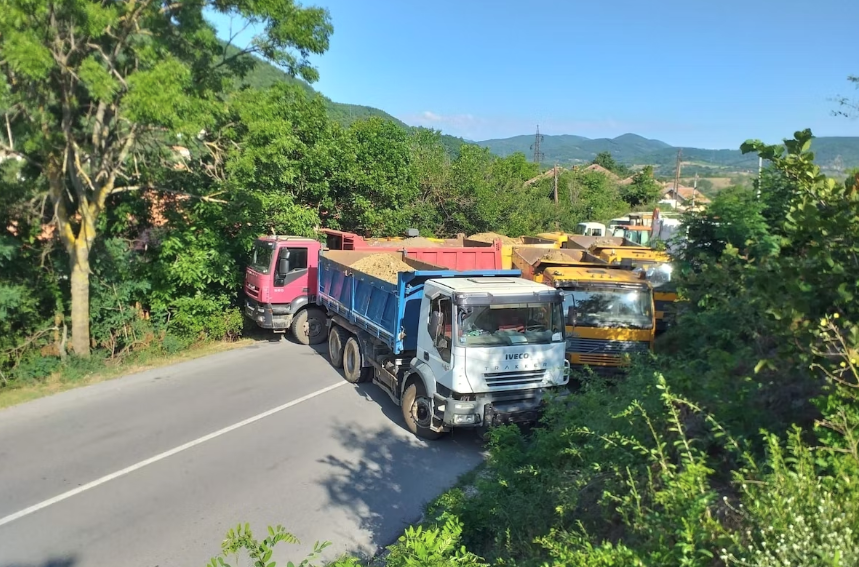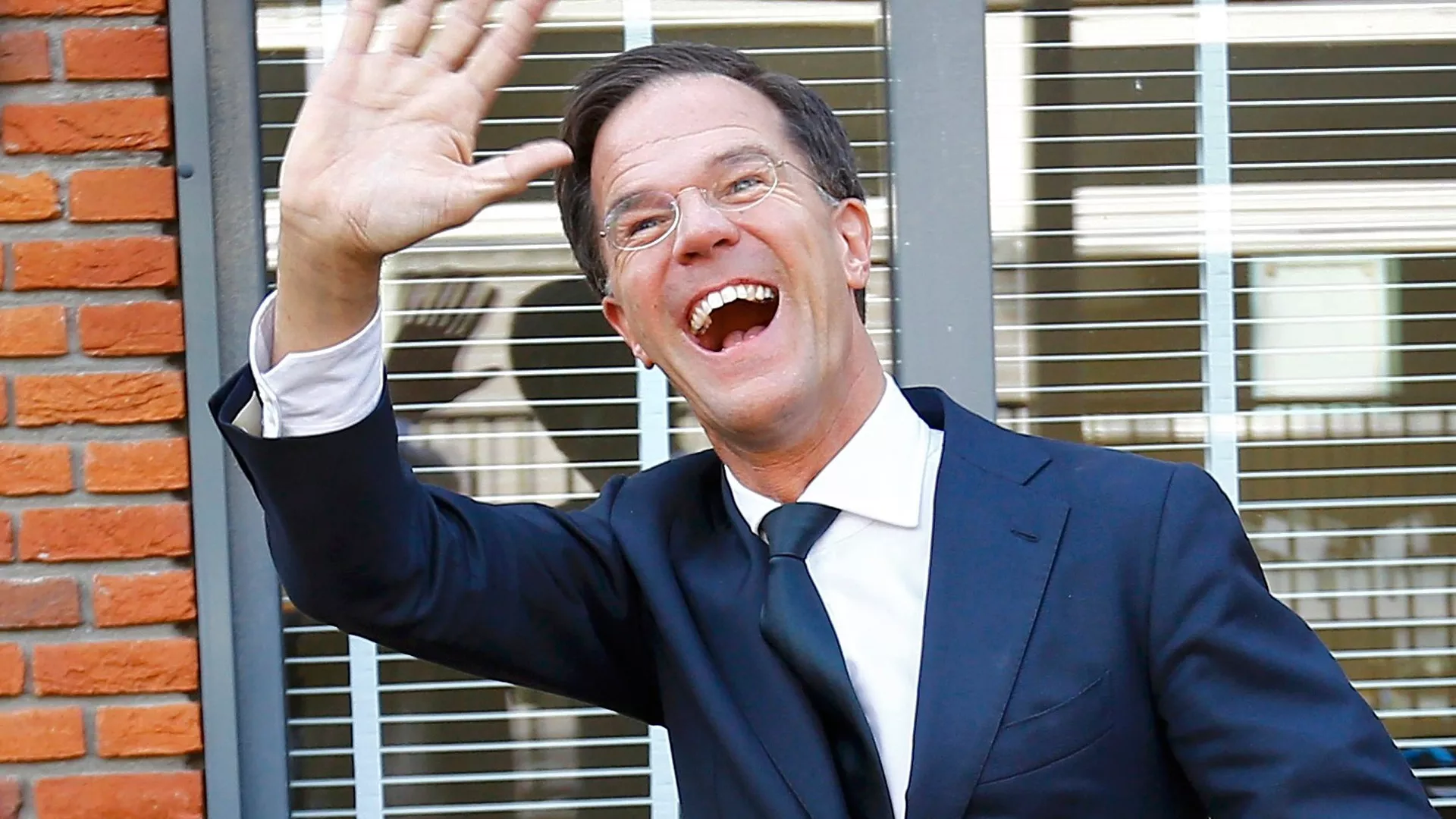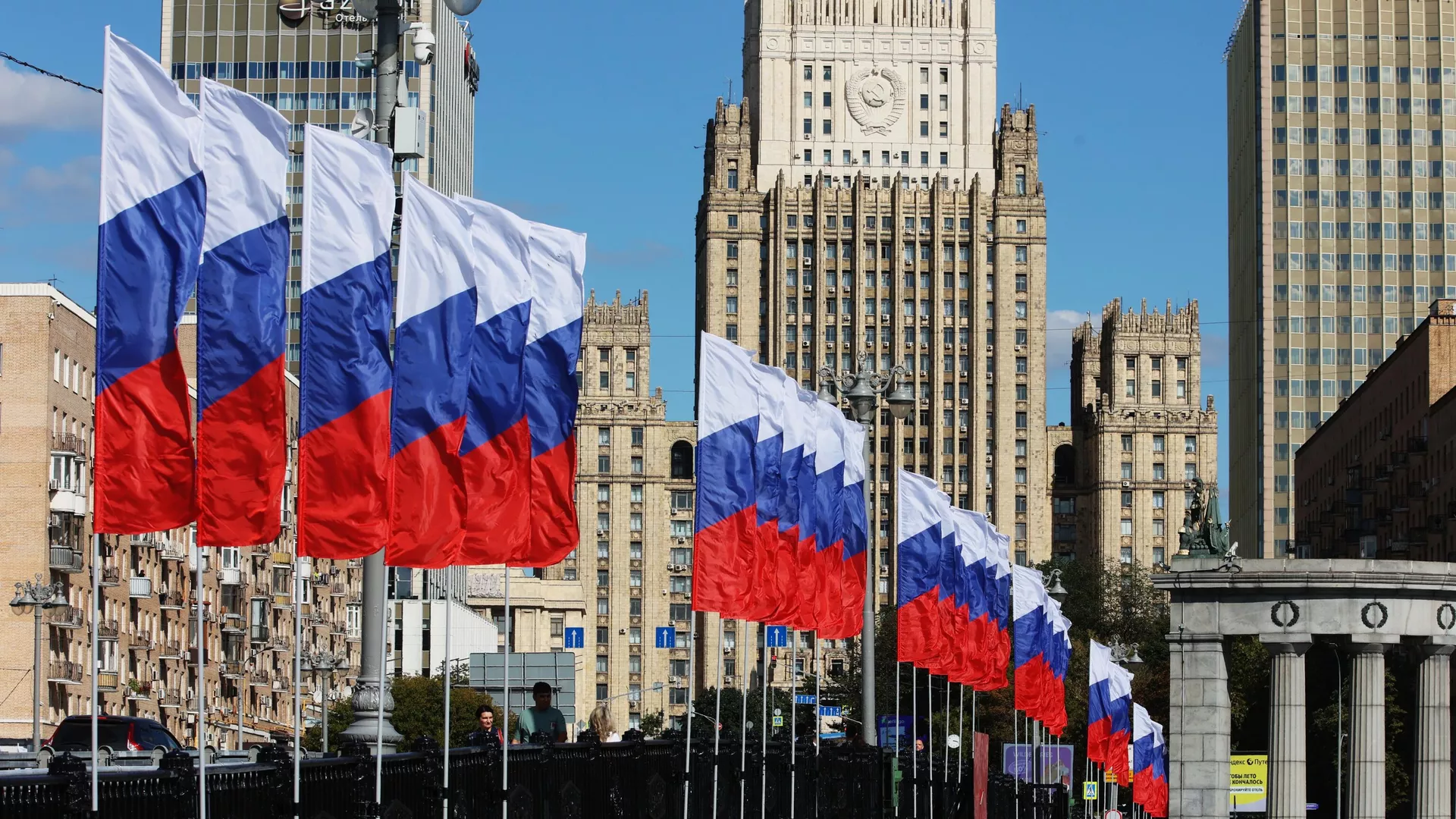Things are simmering on the border between Serbia and Kosovo. NATO wants to ensure stability. Belgrade is annoyed by accusations of closeness to Russia.
Albin Kurti, Kosovo’s prime minister, brought two important messages back to Pristina after his trip to Washington at the end of July: The U.S. government plans to invest $200 million in energy projects in Kosovo through the state-owned Millennium Challenge Corporation (MCC). At a press conference, Kurti linked this success to an assessment of the situation: Because of the Russian attack on Ukraine, Kosovo and all of Europe must strengthen cooperation with the United States. The visit also expressed the U.S. government’s “recognition and gratitude” that developments in Kosovo had become “a success story of NATO’s U.S.-led intervention.”
A few days after this statement, however, there appeared to be another dangerous escalation with Serbia. Tensions had escalated after Kosovo’s government wanted to impose temporary residence permits on people with Serbian identity cards entering Kosovo on Aug. 1 and force Kosovo Serbs to replace their license plates with those of the Republic of Kosovo, according to AFP.
Kosovo has been following the principle of reciprocity with a new doctrine since 2020, and the car license plate measure is meant to be similar to the regime currently in place for Kosovar citizens entering Serbia. After mediation by the EU and the U.S., the conflict has been defused for the time being, as Snežana Janković, the Serbian ambassador in Berlin, told the Berliner Zeitung: “We think it’s helpful that Washington, Brussels and Berlin have intervened on Pristina to de-escalate on the issue of license plates.” But the conflict has not really been resolved: the NATO-led KFOR protection force had made clear that it would “intervene” if “stability is put at risk” in Kosovo. Under pressure from the West, Pristina postponed implementation of the border settlement until September 1.
According to René Schlee, head of the offices of the SPD-affiliated Friedrich Ebert Foundation in northern Macedonia and Kosovo, the compromise solution proposed by the U.S. Embassy calls for postponing the measures for another month (until Sept. 1) “to give all parties time to adjust to the new rules.” Schlee: “This also gives Kosovar Prime Minister Albin Kurti official backing for the measures from the U.S.”
In Belgrade, for which NATO’s war against Yugoslavia is not a success story but the end of a regional power dominated by the Serbs, there is nervousness – because after several relatively quiet years, relations are just getting very bad again. This is also related to the fact that the two adversaries each accuse the other of being mere pawns in the great geopolitical conflict between the United States and Russia. Kurti, he said, is a “geopolitical vulture” who is speculating, along the lines of Ukraine, “that any violent escalation will automatically trigger U.S. and NATO support for the Kosovo Albanians, no matter who started the violence,” Serbian Foreign Secretary Nemanja Starović said Thursday, according to APA.
For parts of Kosovo’s political leadership and many Western thought leaders and politicians, on the other hand, Serbia is seen as a copycat of Russia. René Schlee recently wrote on IPG that the parallels between Serbian and Russian foreign and security policies are striking. Serbia shares “a revanchist agenda with Russia, though it could be said that Moscow has learned from Belgrade rather than the other way around: a former central power, humiliated in its own perception, stirs up instability on the periphery of its former state – this is the mode most likely to sustain conflict.” Russia and Serbia were “pursuing the goal of allowing the Kosovo-Serbia conflict to remain in the status quo for as long as possible.”
Ambassador Snežana Janković considers this equation of Serbia’s policy with that of Russian President Vladimir Putin to be inaccurate: “It is decidedly unfair when Serbia is portrayed as a Russian ally in the Ukrainian context: Yes, we have good relations with Russia and we want to keep them. But we have said from the beginning that Crimea belongs to Ukraine, and we have voted twice for the relevant resolutions of the United Nations General Assembly. We don’t recognize the Donetsk and Luhansk republics – because Ukraine’s territorial integrity was violated just as Serbia’s integrity was violated by NATO’s attack at the time.”
Belgrade is also angry about the current debate for historical reasons: “If the shifting of borders – as in the case of Ukraine – is not accepted, then it is double standard for us if Serbia is denied this right,” says Ambassador Janković. And further, “What hurts us a lot in the current discussion about Ukraine: In every speech there is talk about territorial integrity and inviolability of borders. Serbia is the only country from which territory was taken away by a war not authorized by the UN Security Council. That was a gross violation of international law, and it’s hurtful to us that quite a few countries that oppose Russian involvement in Ukraine condone the breach of international law against Serbia and have recognized the independence of Kosovo and Metohija.”
In the conflict with Kosovo, Janković is counting on “dialogue with Pristina on the basis of the 2013 Brussels agreements:” “This dialogue is the right way for us.” He said the dispute over license plates has enormous explosive power: “If the regulation with license plates comes, it would mean that the so-called police from Pristina would arrive and confiscate the vehicles if someone has the old license plate.” Belgrade, he said, “has done nothing to escalate the situation – on the contrary, our president has called on ethnic Serbs in Kosovo and Metohija to remain calm during the protests.” President Aleksandar Vučić, he said, had “negotiated all night to ensure that the situation remains calm.” He said there were no groups of “militant Serbs” organized by Belgrade. Janković: “But if people are confronted with the so-called police who want to take away their car, then it is inevitable that there will be clashes.”
Belgrade does not want to think about a military conflict and is keeping a low profile regarding the possible deployment of the Serbian army or the police. But they will not remain inactive, the ambassador says: “One thing is certain: Serbia will not allow pogroms against the Serbs in Kosovo and Metohija to occur as they did in 2004. We will do everything, especially through diplomatic channels, to prevent that.”
The diplomatic path, however, threatens to become a dead end, as in the case of Ukraine: there, too, negotiations were held for years within the framework of the Minsk agreements – without results and probably without any honest intentions of reaching a result – for example, on the question of autonomy for the Donbass. The parallels are striking: “Pristina refuses to implement the establishment of the community of Serb municipalities with a majority of ethnic Serbs, as envisaged in the Brussels Agreement,” says Janković.
Pristina, he said, wants “recognition by Serbia and nothing else.” “We, on the other hand, want the various problems that exist to be solved through dialogue.” He said that for Serbia, “the most important thing is that the Serbs in Kosovo and Metohija get the maximum autonomy through the establishment of the community of Serb municipalities.” The ambassador said, “Since Albin Kurti has been ruling in Pristina, we have the impression that this dialogue is not a priority for him, which he himself has confirmed several times.” Since Kurti has been in power, “clashes against Serbs have increased by 50 percent,” Janković said.
the main source of the news: https://www.berliner-zeitung.de





